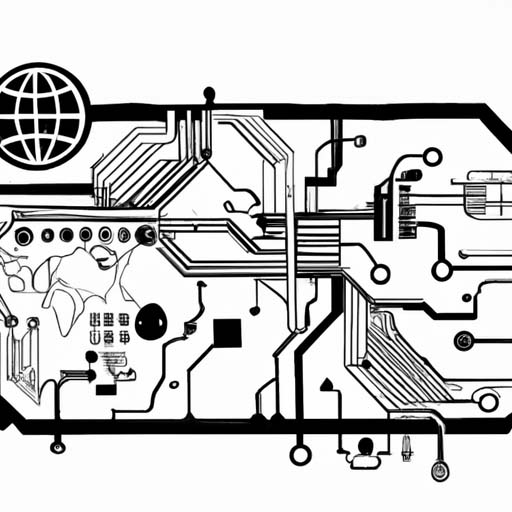Key Points:
- AI threatens to automate entire careers, leading to potential job loss and redundancy.
- There are concerns about biased hiring algorithms and intrusive workplace monitoring.
- Implementing AI in an ethical way can uplift workers and enhance their skills.
- Policies such as retraining programs, transparent and unbiased hiring algorithms, and strong workplace privacy standards are crucial.
- The choice is ours to create a workplace that either degrades or uplifts humanity.
- Technology is just a tool, and it reflects our priorities as a society.
- Citizens need to be aware and actively participate in shaping the deployment of AI.
The article discusses the potential impact of workplace AI, highlighting both the negative and positive aspects. It emphasizes the threat of job loss and redundancy as routine tasks get automated. There are concerns about biased hiring algorithms that may deny opportunities to qualified candidates based on arbitrary metrics. Intrusive workplace monitoring is another issue, with AI tracking employee behavior and flagging underperformers.
However, the article also suggests that AI can be implemented in an ethical way to uplift workers. Retraining programs can help employees develop skills that complement AI, rather than being replaced by it. Transparent and unbiased hiring algorithms are necessary to ensure fairness. Strong workplace privacy standards are essential to prevent AI from becoming a surveillance tool.
The author notes that AI has the potential to eliminate drudgery and enhance human creativity when implemented properly. AI should be seen as a helpful collaborator rather than a master. To achieve this, companies need to prioritize ethics and worker welfare over efficiency. Inclusive policies and responsible development can create more just and engaging workplaces.
The article concludes by stating that the future of work depends on our choices as a society. If we value equitable workplaces, we can develop AI that enables that. If we value dignity and privacy, we can create systems that protect those rights. However, achieving this future requires aware citizens who actively participate in shaping the deployment of AI.
In summary, the article highlights the potential risks and benefits of workplace AI and emphasizes the need for ethical implementation and inclusive policies to prioritize worker welfare.
